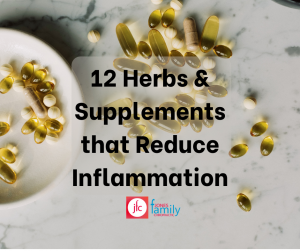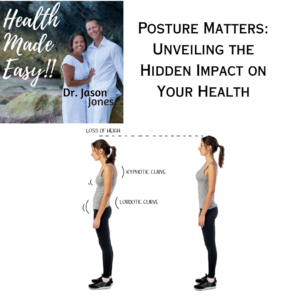Higher glycemic carbohydrates rank from 70 and above in the glycemic index (GI). The body digests and absorbs them faster than the lower glycemic carbohydrates. Once absorbed, higher glycemic carbohydrates rapidly increase blood sugar levels.
Examples of higher glycemic carbohydrates include:
- Soft drinks with added sugar.
- White rice.
- White bread.
- Sugary diets.
- Some cereals such as instant oats.
- Starchy vegetables including mashed potatoes and French fries.
- Baked bites such as doughnuts, muffins, and cakes.
- Beverages sweetened with sugar, including fruit juice, soda, and energy drinks.
- Snacks such as popcorn, crackers, chips, and chocolate.
Why Avoid Higher Glycemic Carbohydrates?
Frequent consumption of higher GI carbohydrates raises your blood glucose level rapidly and makes you prone to more health issues. A previous study suggests that a diet rich in higher GI carbohydrates increases one’s risk of diseases affecting the heart and blood vessels and can cause death.
If you eat higher glycemic carbohydrates, they are quickly broken down and absorbed into the bloodstream. This rapidly raises your blood glucose level and triggers an increase in insulin production by the pancreas followed by a rapid reduction. This may trigger cravings and hunger feelings that may make you overeat.
Repeating the patterns of eating higher glycemic carbohydrates, cravings, and overeating may result in insulin resistance and unhealthy weight gain. The ultimate result is an increased risk of cardiovascular disease and type 2 diabetes.
Previous studies found higher incidences of heart attacks, stroke, and eventually, death among people who ate higher glycemic carbohydrates than those who ate lower glycemic foods.
High glycemic carbohydrates also increase the risk of certain cancers, including pancreatic, colorectal, and prostate cancers.
Although the glycemic index can help in determining the possible impact of a certain food on your blood glucose, it should not be the only determinant for good or bad carbohydrates. It is essential to consider the glycemic load and the ideal serving sizes for healthy dieting. Be sure to consider every macronutrient in every meal you take.
When Is the Best Time of Day to Consume Higher Glycemic Carbohydrates?
Consuming carbohydrates before, during, and after physical activity optimizes recovery and athletic performance. The glycemic index can help you choose the appropriate carbohydrate based on its impact on blood sugar levels.
It is recommended that we take higher glycemic carbohydrates during and after exercise. This is because, during exercise, higher glycemic carbohydrates are quickly broken down and absorbed, increasing blood sugar levels rapidly. The glucose supplies the energy required during exercise. Researchers also recommend moderate to higher glycemic carbohydrates 24 hours’ post-exercise to resynthesize muscle glycogen stores rapidly.
Are you wondering what type of foods you should take after a workout? During workouts, the body’s energy reserves may get depleted and the glucose needs increase. To help the muscles replenish the glycogen lost during the workout, take higher glycemic carbohydrates. These will enhance muscle repair and promote quick recovery since they are easy to break down and absorb. It is easier to quench the body’s glucose and energy requirements after a workout with medium to higher glycemic carbohydrates than lower glycemic carbohydrates.
You may consult Dr. Jason Jones at our Chiropractic office at Elizabeth city, NC to learn more on examples of higher glycemic carbohydrates, why to avoid them and the best time of the day to consume them.




